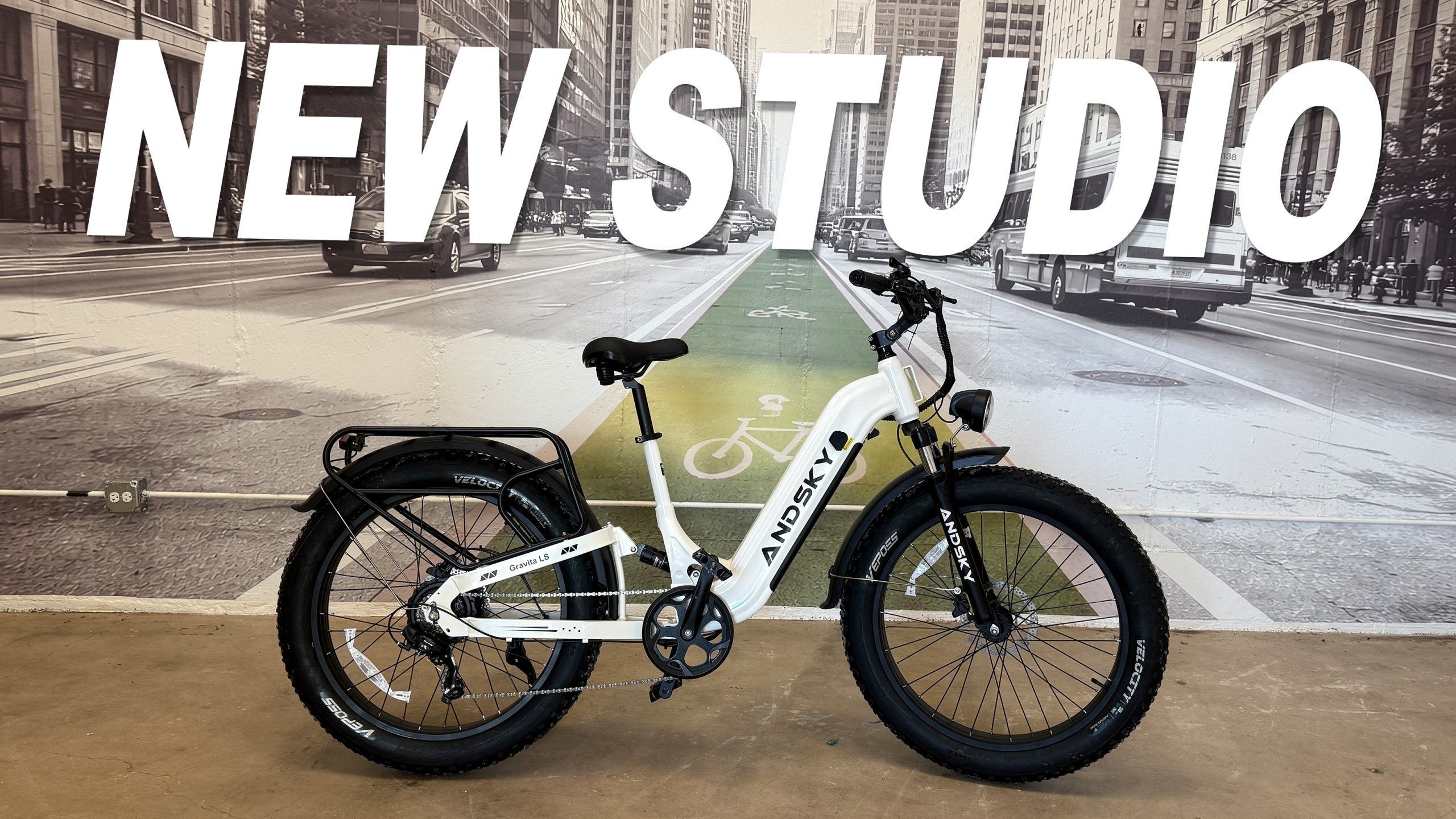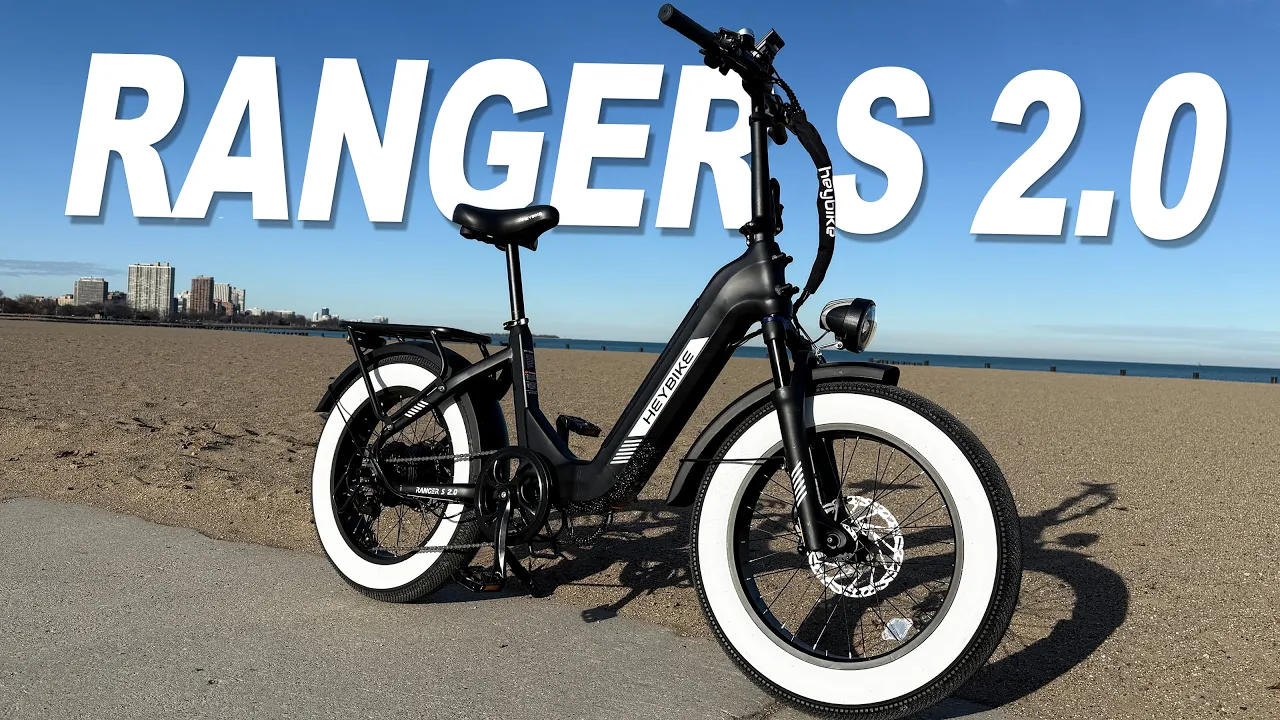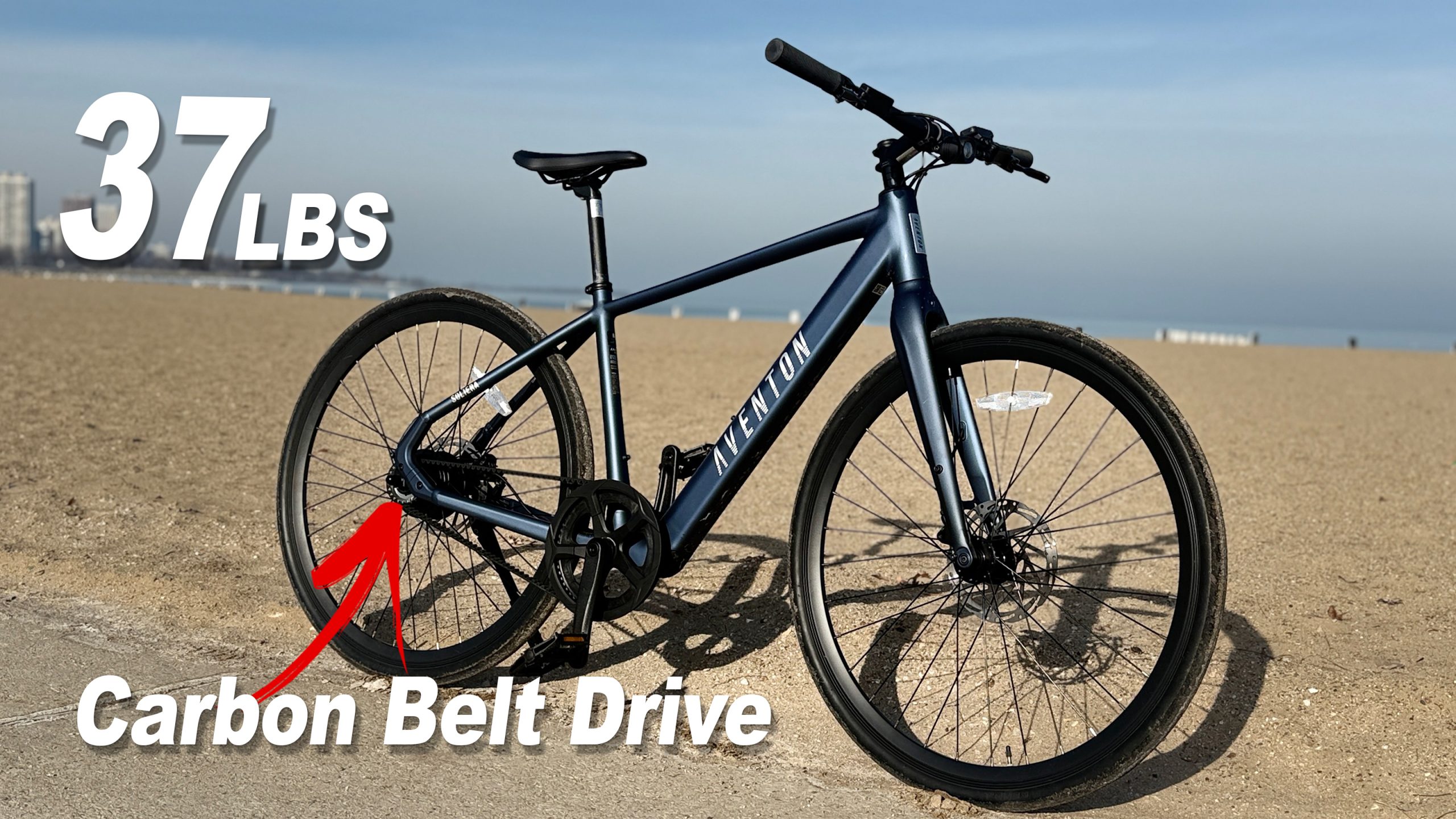AIPAS Update 1
AIPAS Update 1
AIPAS responded to my latest video about their battery claims and UL Certification.
In the evolving world of electric bikes, battery technology remains a critical factor influencing performance, safety, and user satisfaction. Recently, AIPAS, a notable electric bike manufacturer, has been under scrutiny regarding the battery cells used in their popular M1 Pro and M2 Pro models. This blog post dives deep into the ongoing conversation about the types of cells used, the significance of UL certification, and what this means for consumers considering AIPAS electric bikes.
Background of the Controversy
The discussion started when a video reviewing AIPAS batteries raised questions about the exact type of cells used in the bikes. AIPAS initially claimed that the M1 Pro and M2 Pro models were equipped with Samsung 21700 cells. However, some users and reviewers noticed discrepancies between this claim and the actual battery specifications found in the bikes.
What Are 21700 and 18650 Cells?
Before unpacking the AIPAS situation, it’s essential to clarify the difference between 21700 and 18650 battery cells.
- 21700 Cells: Larger lithium-ion cells measuring 21mm in diameter and 70mm in length, known for higher energy capacity and better thermal management.
- 18650 Cells: Smaller cells measuring 18mm by 65mm, widely used in laptops and electric vehicles, known for reliability but with less capacity than 21700 cells.
The choice between these cells impacts battery size, heat generation, charging efficiency, and overall bike performance.
Initial Manufacturer Reaction
When confronted about the battery cell discrepancy, AIPAS requested the removal of the initial video; however, the reviewer declined. Instead, he challenged AIPAS to send a battery containing the claimed 21700 cells for independent testing.
AIPAS’s Explanation
AIPAS explained that the original M1 Pro and M2 Pro models did indeed use Samsung 21700 cells initially. However, due to issues such as overheating and performance instability, they transitioned to using 18650 cells from a different supplier. This change was intended to improve reliability and battery longevity.
Website and Documentation Updates
In response to the feedback, AIPAS updated their website to accurately reflect the current battery specifications. Moreover, they provided extensive documentation regarding third-party testing and their ongoing UL certification process to validate battery safety.
What is UL Certification?
UL (Underwriters Laboratories) certification is a globally recognized safety standard for electronic products, including batteries. It ensures that the battery meets stringent safety, quality, and performance criteria, reducing the risk of fire, overheating, or malfunction.
AIPAS’s UL Certification Status
AIPAS stated that their battery UL certification has been completed, although the certification details are not yet available on the official UL website. They expect the certification to appear online within 10 to 15 days. This transparency is crucial for consumer confidence, especially in the electric mobility sector where battery safety is paramount.
Upcoming Battery Tests
The reviewer announced a forthcoming series of videos comparing the performance of 21700 and 18650 batteries within the same AIPAS M1 Pro bike model. These tests aim to measure temperature regulation, charging efficiency, endurance, and overall ride experience.
Collaboration with Experts
To ensure thorough analysis, the reviewer plans to collaborate with Matt from Electric All-Wheel, an expert in electric bike technology. Matt will review the documentation and provide deeper insights into the battery performance and certification validity.
Performance and Endurance
Larger 21700 cells typically offer higher energy density, allowing longer rides and better power output. However, they can generate more heat under heavy use, which might explain AIPAS’s shift to 18650 cells for enhanced stability.
Safety Implications
18650 cells, while smaller, have a proven track record of reliability and thermal management. The choice of cell supplier and quality control processes also play critical roles in ensuring battery safety.
Transparency and Trust
AIPAS’s willingness to engage with critics, provide documentation, and update their website sets a positive example in an industry where misinformation can spread quickly. Such transparency builds trust with consumers.
Assurance Through Certification
Once UL certification appears publicly, it will bolster consumer confidence in AAIPAS bikes, reassuring buyers that the batteries meet high safety standards.
Informed Purchase Decisions
Potential buyers should consider these battery details and follow upcoming independent test results to make well-informed choices based on performance, safety, and reliability.
Looking Ahead for APASS and Electric Bike Batteries
The AIPAS battery situation highlights the complexities of electric bike battery technology and the importance of clear communication from manufacturers. As electric mobility grows, consumers demand not only high performance but also verified safety.
The upcoming battery comparison videos and expert analyses will shed more light on the practical differences between 21700 and 18650 cells in the AIPAS M1 Pro. Meanwhile, AAIPAS’s proactive approach to addressing concerns and completing UL certification is a step in the right direction.
For electric bike enthusiasts, staying informed about battery technologies and certifications is essential for maximizing both enjoyment and safety on the road.







